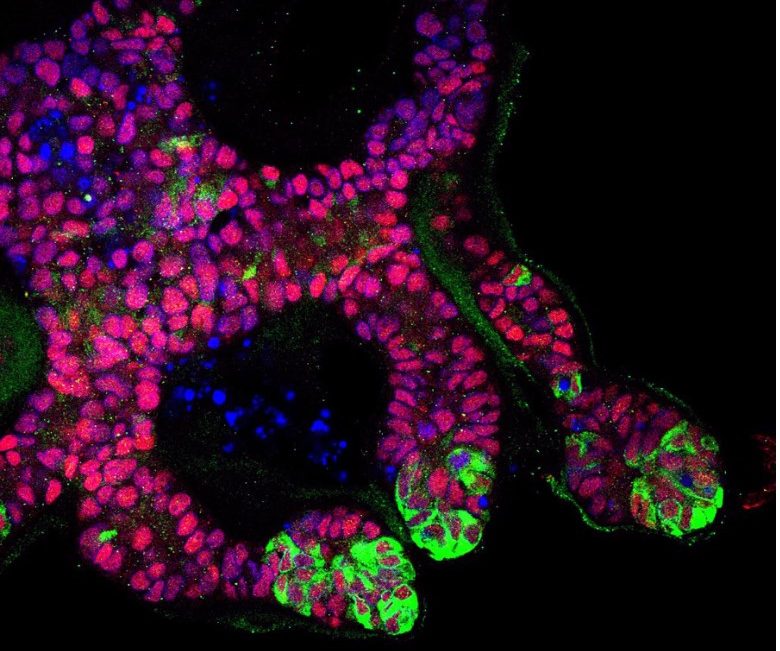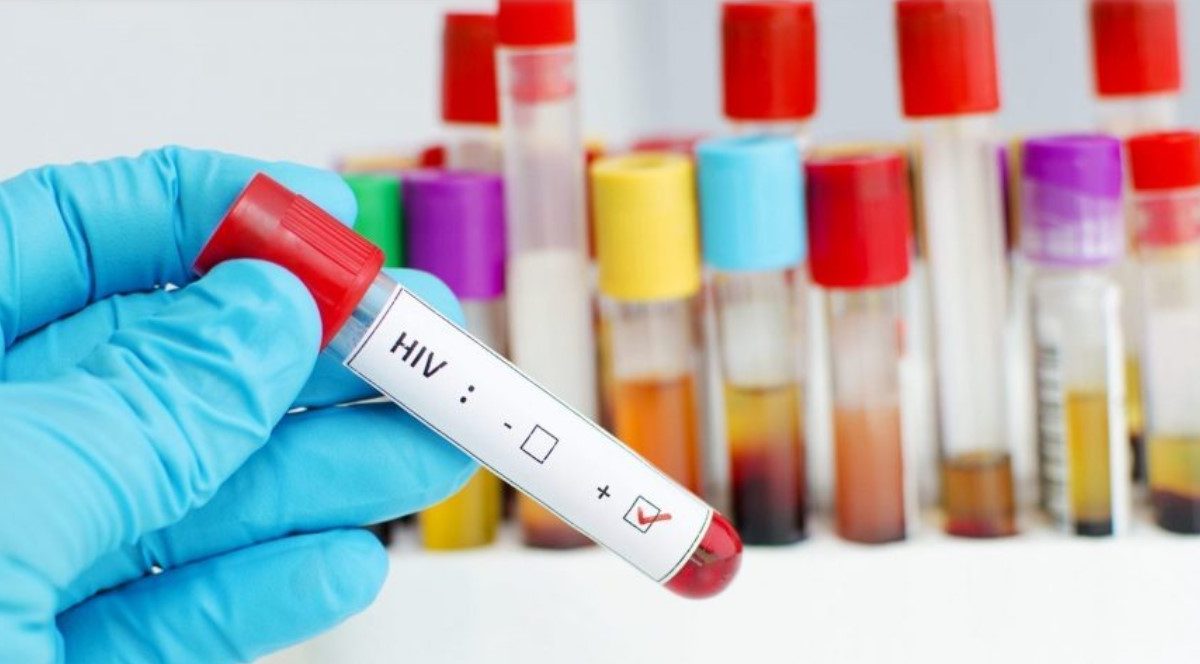
Growing Human Kidneys in a Lab – Scientists Have Made a Significant Breakthrough
- BiotechnologyInternational News
- No Comment
- 431
A Key Step Forward
One in nine adults worldwide has some kind of kidney disease, and kidney failure is becoming more common everywhere. Growing functional kidney tissue in a lab could accelerate kidney disease treatments and restore kidney function. In humans, the kidney forms naturally as a consequence of two building blocks: metanephric mesenchyme and ureteric bud.
Joseph Bonventre, MD, Ph.D., Chief of the Renal Unit and Founding Chief of the Engineering in Medicine Division. Credit: Bonventre lab/Brigham and Women’s Hospital
Seven years ago, researchers in Dr. Joseph Bonventre’s laboratory discovered how to create the first building block, known as metanephric mesenchyme, from human stem cells. Dr. Bonventre is the Chief of the Renal Unit and Founding Chief of the Engineering in Medicine Division at the Brigham and Women’s Hospital.
The same team has recently created a very efficient method for producing the second building block (ureteric bud), which grows into the adult kidney collecting system. They also exhibited features of interaction between these two building blocks’ cells, replicating parts of interaction that naturally occur as the kidney develops.
Furthermore, for the first time, the Bonventre laboratory has created human cell lines of principal and intercalated cell lines, the two cell lines that comprise the kidney’s final urine processing component. This study might help researchers test new therapies for kidney diseases that impact the collecting system. These include many congenital kidney and urinary tract abnormalities, including polycystic kidney disease, one of the most common genetic diseases.
“We have developed a highly efficient way to generate a key component of kidney tissue responsible for maintaining many blood chemistries and critically important for development of the kidney. In addition, we have created, for the first time, human kidney cells that can be used to advance new drugs, aid in the investigation of inherited and acquired disorders, and improve our understanding of how the kidney develops and control metabolic balance in the body,” said Bonventre.
“Ultimately, with the ability to now generate both components responsible for making functional kidney tissue, this work provides a major step forward in the quest to replace renal function in patients with kidney failure or perhaps, in the future, generate a kidney in a dish.”
Reference: “Human ureteric bud organoids recapitulate branching morphogenesis and differentiate into functional collecting duct cell types” by Min Shi, Kyle W. McCracken, Ankit B. Patel, Weitao Zhang, Lioba Ester, M. Todd Valerius, and Joseph V. Bonventre, 29 August 2022, Nature Biotechnology.
DOI: 10.1038/s41587-022-01429-5
The study was funded by the National Institute of Diabetes and Digestive and Kidney Diseases, the National Center for Advancing Translational Sciences (NCATS), the University of Virginia Pediatric Center of Excellence Pilot and Feasibility Program, the National Institutes of Health, the Benjamin J. Lipps Fellowship from the American Society of Nephrology, the West China School of Medicine/West China Hospital of Sichuan University, and the Zhongshan Hospital of Fudan University.
By Brigham And Women’s Hospital
https://scitechdaily.com/growing-human-kidneys-in-a-lab-scientists-have-made-a-significant-breakthrough/




